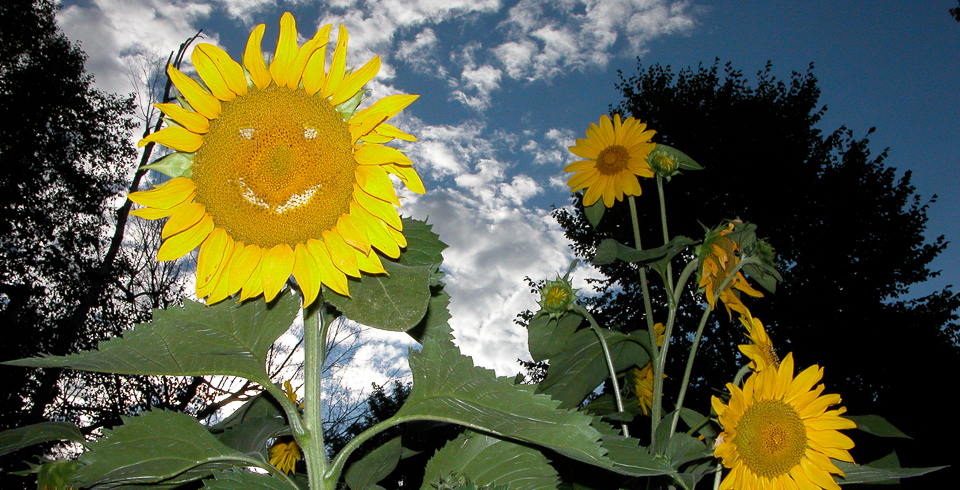[pullquote]We live in complicated times. We seek, but we don’t necessarily find, the ultimate things we long to experience – contentment, joy, love, inner peace. Our lives are too often overloaded with demands: that we should be successful, rich, beautiful and famous; but this just adds to our inner stress and turmoil. The media constantly bombard us with images reminding us of our “lack”….and we so often feel like failures.
– Annie Lennox [/pullquote]
I’m new to this Sanskrit-chanting, namasté-greeting, third eye-looking yoga thing. For years I actively avoided it because it felt cultish and uber-competitive, an exercise in being “more yoga than you.” In January I took my first class and dove into regular practice. I am surprised at how many things I like about it.
But what I like most about yoga resides within its semantics: yoga comes from the Sanskrit word yuj, which means to unify or to yoke. The practice of yoga seeks to unite the body, mind and spirit, enabling connection with the inner self. This connection is meant to bring contentment and tranquility (source). And it focusses on what makes sense for each unique human being. Beautiful.
Dukkha is another Sanskrit word at the forefront of my thoughts. Walpola Rahula describes dukkha as an omnipresent dissatisfaction with all forms of life due to the impermanence and mutability of life itself. As we lack satisfaction, we are left feeling that things never measure up to our expectations or standards. We are perpetually disappointed with ourselves and others.
Teacher, author and activist Michael Stone says that “we feel lack most acutely as we try and fill it.” Openness and intimacy are the opposites to lack, and serenity and compassion are its antidotes. Shopping and other distractions don’t connect us and move us in the wrong direction. Participating in the reality of the here and now breeds intimacy and connection, unlike “accumulation and the duress of obsessive fixation.”
[pullquote]Compassion is being with the reality of lack without seeing lack as something that needs to be filled…we let go and find ourselves flourishing in this vast, shifting, and interconnected life.
– Michael Stone [/pullquote]
I am grateful to have a name for this thing that awakens me in the night with the suffocating question: What the hell am I doing with my life? By naming it, I can begin to understand it.
I am grateful to have an instructive filter for the information, images and ideas that bombard, and threaten to swamp me, daily. Social media can be a beautiful source of connection as well as a withering source of comparison, consumption, and disappointment. Its form is voyeuristic by design, and naturally turns us outwards, focussing on what others are doing or buying, not on our intimate, personal human needs and thoughts.
We are fed glossy, heroic, monomyth stories that are supposed to motivate us to higher purposes. But I think, after that initial burst of energy, they have the opposite effect. They highlight how little (we perceive) we are achieving or how dull our daily lives. We are bound to fail in comparison with the guy who abandoned his old life to become a concert pianist, or Richard Branson kitesurfing with a naked model on his back.
And mostly, I think, the content is shallow. As I’ve recently realized, there can be no real discourse in 140 characters or on FB above the fold. These places are for kittens, and family pictures and photos of what we ate for dinner, and for loosely keeping in touch. They’re not for challenging the status quo, sharing hard-earned wisdom, or for more than passing support for individual worries. I am encouraged by the occasional morsels of bravery and honesty from people willing to expose the chinks in their armour. Mostly, though, I think these revelations just make other users uncomfortable.
Then there’s the money. Social and traditional media channels are the handmaidens of capitalism. I know when I’ve been online too much because I feel the same peevish discomfort I get when I spend time at a mall. So much of what is presented as content is really infomercial in the guise of self-help. We may never feel pretty, clever, powerful, skinny, famous, rich, creative or young enough, but there are millions of products, services, lectures and courses demanding to convince us otherwise. Spend. Go into debt. Be temporarily distracted. Feel bad. Repeat. This predictable cycle is crowned with the glorious and illusive myth of “If only I made more money all my troubles would be over.”
But lack, by its reality, never disappears. May I suggest saving your money, spending time with yourself without distractions, and – here’s the trick – figuring out what you really need as a human being? Hard? Definitely. But I think your answers will pleasantly surprise you.
